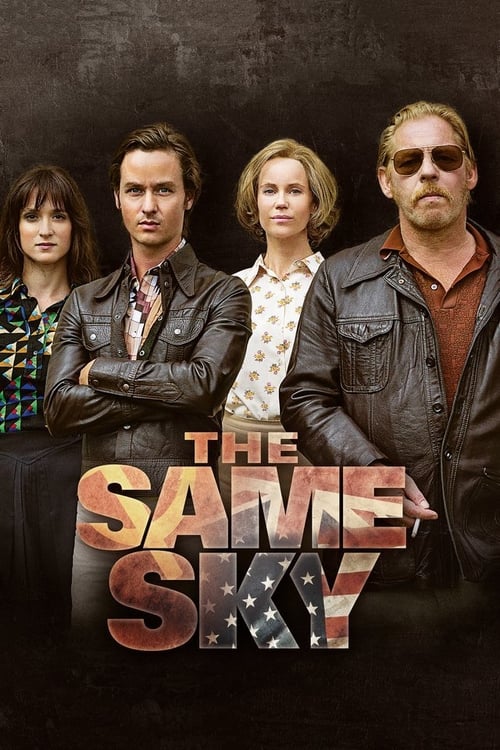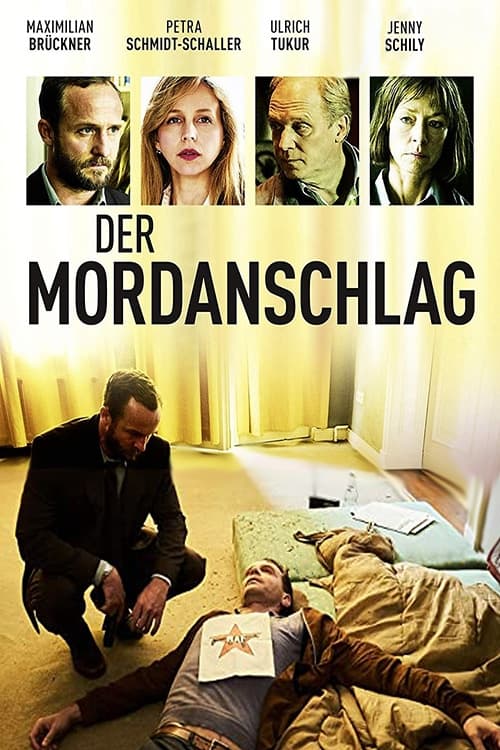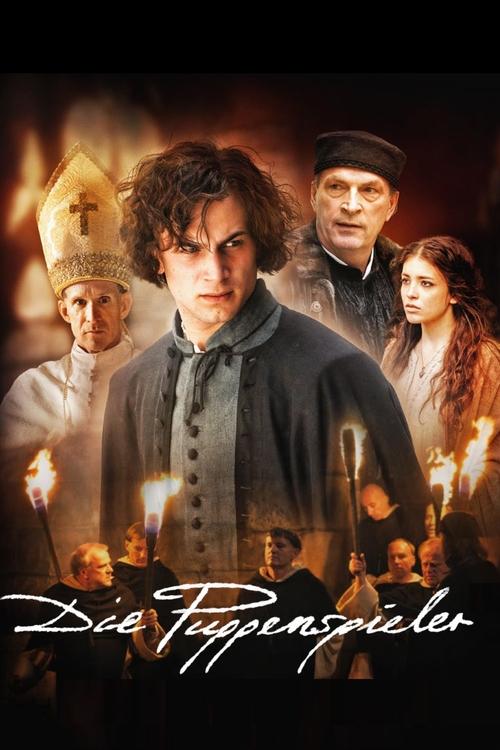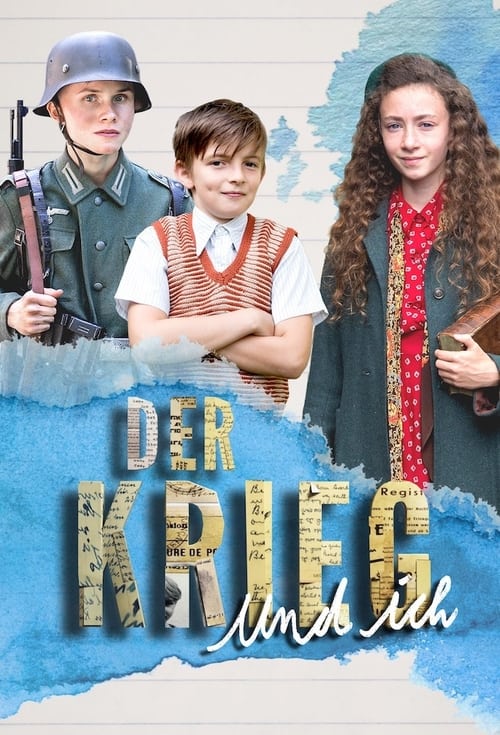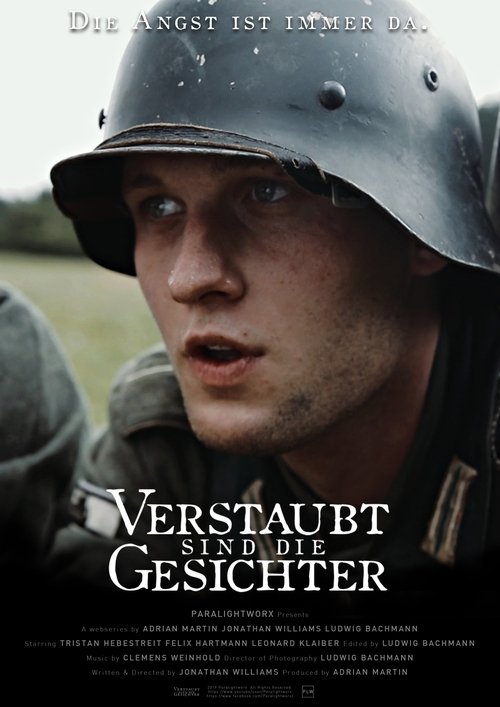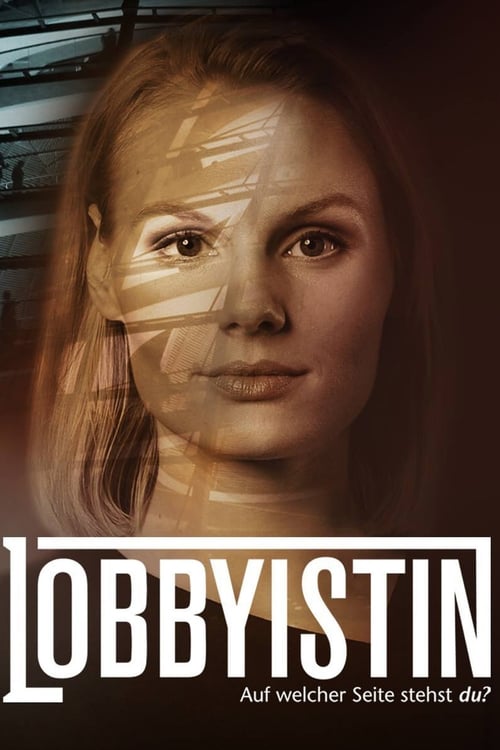
Ask Your Own Question
What is the plot?
In the first episode of "Große Reden," we are introduced to the protagonist, Max, a charismatic but struggling motivational speaker. He is seen preparing for a major speaking engagement, filled with anxiety about his performance. The scene opens with Max rehearsing in front of a mirror, practicing his catchphrases and trying to boost his confidence. His internal monologue reveals his deep-seated fears of failure and the pressure he feels to succeed in a competitive industry.
As the event begins, Max steps onto the stage, greeted by a large audience. He starts strong, delivering an engaging opening that captivates the crowd. However, midway through his speech, he stumbles over his words, causing a moment of awkward silence. This moment of vulnerability is palpable, and Max's internal struggle intensifies as he fights to regain his composure. He manages to recover, but the incident leaves him shaken.
After the event, Max meets with his mentor, Klaus, who offers him tough love and advice on how to improve his speaking skills. Klaus emphasizes the importance of authenticity and connecting with the audience on a personal level. Max feels a mix of gratitude and frustration, as he knows he needs to change but is unsure how to implement Klaus's advice.
In the following scenes, Max attends a workshop led by a renowned speaker, Lisa, who embodies the confidence and charisma that Max aspires to achieve. During the workshop, Max is inspired by Lisa's techniques and begins to adopt some of her methods. However, he also feels a sense of jealousy and inadequacy, which drives him to push himself harder.
As Max continues to practice, he faces various setbacks, including a disastrous attempt to speak at a local community event. The audience is unresponsive, and Max's frustration boils over. He storms off the stage, feeling defeated. This moment serves as a turning point for him, as he realizes that he must confront his fears rather than run from them.
Determined to improve, Max seeks out feedback from his peers and starts to incorporate their suggestions into his speeches. He begins to experiment with storytelling, sharing personal anecdotes that resonate with his audience. This shift in approach leads to a breakthrough moment during a small gathering, where he receives an enthusiastic response. The joy and relief on his face are evident, marking a significant step in his journey.
As the season progresses, Max's relationship with Lisa deepens. They share moments of vulnerability, and Max finds himself drawn to her not just as a mentor but also as a potential romantic interest. However, he grapples with his feelings, unsure if he should pursue a relationship or keep things professional. This internal conflict adds layers to his character as he navigates his ambitions and personal life.
In a climactic episode, Max is invited to speak at a prestigious conference, a chance to showcase his growth. The pressure mounts as he prepares, and he experiences a mix of excitement and anxiety. On the day of the conference, he steps onto the stage, and the stakes feel higher than ever. As he begins his speech, he draws on all the lessons he has learned, weaving in personal stories and engaging the audience with authenticity.
Midway through his presentation, he encounters an unexpected technical failure, with his slides going blank. Instead of panicking, Max takes a deep breath and improvises, relying on his newfound confidence and connection with the audience. He shares a heartfelt story about his journey, which resonates deeply with the crowd. The audience responds with applause, and Max feels a sense of triumph as he realizes he has finally found his voice.
The season concludes with Max reflecting on his journey, acknowledging the challenges he faced and the growth he experienced. He stands on the stage, looking out at the audience, filled with a sense of purpose and determination. The final scene captures his emotional state, a mix of pride and hope for the future as he embraces his role as a motivational speaker, ready to inspire others.
What is the ending?
In the ending of "Große Reden," season 1, the main characters confront their personal and professional challenges, leading to a climactic speech that encapsulates their growth. The protagonist, Max, delivers a heartfelt address that reconciles his past mistakes and sets a hopeful tone for the future. The season concludes with the characters finding a sense of closure and renewed purpose, each embarking on their own paths.
As the final episode unfolds, the scene opens in a dimly lit auditorium, where the atmosphere is thick with anticipation. Max stands backstage, his heart racing as he prepares to deliver the speech that could change everything. The camera captures the beads of sweat forming on his brow, a testament to the weight of his journey. He reflects on the struggles he has faced throughout the season--his faltering relationships, the pressure of expectations, and the burden of his own insecurities.
The scene shifts to the audience, where familiar faces of his friends and family are gathered, each representing a piece of his past. Among them is Lena, his closest confidante, who has been a steadfast support throughout his trials. Her eyes are filled with encouragement, but also a hint of concern, as she knows the stakes of this moment for Max.
As Max steps onto the stage, the spotlight illuminates him, and the murmurs of the crowd fade into silence. He takes a deep breath, grounding himself in the present. His speech begins with a recounting of his failures, the moments that led him to doubt himself. The audience is captivated, hanging on his every word as he shares his vulnerability. He speaks of the importance of authenticity and the courage it takes to embrace one's true self.
The camera pans to the audience, capturing the emotional reactions of his friends. Lena wipes away a tear, moved by Max's honesty. In the front row, his estranged father watches with a mixture of pride and regret, realizing the impact of his absence on Max's life. The tension in the room is palpable as Max continues, weaving in anecdotes that resonate with the struggles of those listening.
As he reaches the climax of his speech, Max emphasizes the theme of resilience. He urges everyone to confront their fears and to support one another in their journeys. The audience erupts in applause, a wave of collective emotion washing over the room. In this moment, Max feels a profound sense of connection, not just with the audience, but with himself.
The scene transitions to the aftermath of the speech. Max steps off the stage, greeted by Lena, who embraces him tightly. Their bond has deepened, and it is clear that they are ready to face whatever comes next together. Meanwhile, Max's father approaches him, and after a moment of hesitation, they share a tentative but meaningful conversation, hinting at the possibility of reconciliation.
In the final moments of the episode, the camera follows each character as they leave the auditorium. Lena walks hand in hand with Max, both smiling, ready to explore their future. Max's father lingers for a moment, watching them with a sense of hope. The scene fades to black, leaving the audience with a sense of closure and the promise of new beginnings for all the characters.
The season concludes with a montage of each character embarking on their individual paths, showcasing their growth and the lessons learned throughout the season. Max, now more confident and self-assured, looks ahead with optimism, embodying the spirit of resilience that has defined his journey.
Is there a post-credit scene?
In "Große Reden," Season 1, there is indeed a post-credit scene that adds an intriguing layer to the narrative.
As the credits roll, the screen fades to black before transitioning to a dimly lit room filled with scattered papers and a flickering overhead light. The camera slowly zooms in on a desk where a character, previously seen only in the background, is frantically typing on a laptop. This character, who has been a minor yet enigmatic figure throughout the season, is revealed to be compiling a dossier on the main characters.
The tension in the scene is palpable as the character glances nervously over their shoulder, suggesting they are aware of being watched. The sound of a door creaking open causes them to freeze, and the camera cuts to a close-up of their face, showcasing a mix of fear and determination.
In a moment of suspense, the character quickly closes the laptop and shoves it into a drawer, just as another figure enters the room. This figure, shrouded in shadow, asks, "Are you ready for the next step?" The scene ends with a lingering shot of the character's anxious expression, hinting at deeper conspiracies and unresolved tensions that will unfold in future episodes.
This post-credit scene effectively sets the stage for the next season, leaving viewers with a sense of anticipation and curiosity about the character's motives and the implications of their actions.
What motivates the main character, Max, to pursue public speaking despite his initial fears?
Max, a timid and introverted individual, is driven by a deep-seated desire to connect with others and express his thoughts. His journey begins when he witnesses a powerful speech that moves him emotionally, igniting a spark of ambition within him. As he grapples with his insecurities, Max's motivation evolves from a mere wish to be heard to a profound need to inspire others, reflecting his internal struggle between fear and the longing for acceptance.
How does the relationship between Max and his mentor, Clara, develop throughout the season?
Max's relationship with Clara starts off as a typical student-mentor dynamic, where Clara is initially strict and demanding. However, as the season progresses, Clara reveals her own vulnerabilities, sharing her past failures and fears. This openness fosters a deeper bond between them, allowing Max to see Clara not just as a mentor but as a friend. Their relationship becomes a pivotal element in Max's growth, as Clara's encouragement helps him to confront his fears and embrace his potential.
What challenges does Max face during his first public speaking competition?
During his first public speaking competition, Max is overwhelmed by anxiety and self-doubt. As he steps onto the stage, he experiences a whirlwind of emotions--his heart races, his palms sweat, and he struggles to remember his speech. The pressure intensifies when he notices the critical faces in the audience, which momentarily paralyzes him. However, in a moment of clarity, he recalls Clara's advice about authenticity, allowing him to connect with the audience on a personal level, transforming his fear into a powerful performance.
What role does the character of Lena play in Max's journey?
Lena, Max's childhood friend, serves as both a source of support and a catalyst for his transformation. Initially, she is skeptical of his public speaking ambitions, fearing he will be hurt by rejection. However, as she witnesses his determination, Lena becomes his biggest cheerleader, encouraging him to take risks. Her unwavering belief in him helps Max to confront his fears, and their evolving friendship highlights the importance of support systems in personal growth.
How does the season explore the theme of failure through Max's experiences?
Throughout the season, Max encounters several failures that challenge his resolve. Each setback, whether it's a poorly received speech or a missed opportunity, serves as a critical learning moment. The emotional weight of these failures is palpable; Max often feels defeated and questions his abilities. However, these experiences ultimately teach him resilience and the importance of perseverance. The season culminates in a powerful realization for Max: that failure is not the end, but a stepping stone towards success.
Is this family friendly?
"Große Reden," season 1, produced in 2018, contains several elements that may not be suitable for children or sensitive viewers. Here are some potentially objectionable aspects:
-
Mature Themes: The show explores complex family dynamics, including themes of betrayal, loss, and emotional conflict, which may be difficult for younger audiences to fully understand or process.
-
Strong Language: There are instances of strong language used by characters, which may not be appropriate for children.
-
Emotional Turmoil: Characters experience significant emotional distress, including scenes of crying, anger, and confrontation that could be upsetting for sensitive viewers.
-
Conflict and Tension: The show features intense arguments and confrontations between family members, which may create a tense atmosphere.
-
Substance Use: There are references to alcohol consumption, which may not be suitable for younger viewers.
These elements contribute to a narrative that, while rich and engaging, may require parental discretion for younger audiences.




